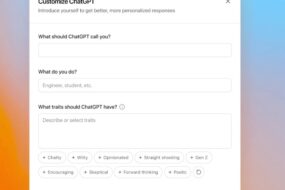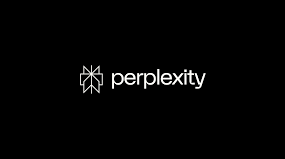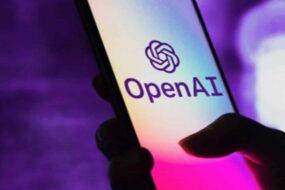
Source: Romain Dillet/TechCrunch
France is the latest country taking steps to ban TikTok from government-managed devices. Stanislas Guerini, the Minister of Public Transformation and Service, and his services issued a statement announcing the move and the reasoning behind this change.
But there’s a twist: Instead of simply banning only TikTok, the French government is saying that all recreational apps are now banned from work devices.
“For the past few weeks, several European and international partners have adopted measures to limit or prohibit downloading and installing the TikTok application by their public administrations,” the French government wrote.
For example, the U.S. House of Representatives banned TikTok on lawmakers’ government-issued mobile devices, as has Canada. The European Commission issued a directive asking all employees to remove TikTok from their work devices as well.
In all those instances, government bodies state that they are concerned about data privacy. TikTok is owned by ByteDance, a private Chinese company, and these governments believe that user data could be stored and accessed by the Chinese government.
TikTok has said several times that the company doesn’t share user data with the Chinese government. The company has tried to reassure European governments by saying that it will set up and run multiple data centers to store local users’ data in Europe in the near future.
In addition to this data sovereignty strategy, TikTok is “reducing employee access to European user data; minimising data flows outside of Europe,” wrote Rich Waterworth, TikTok’s general manager operations, Europe.
Of course, it means that governments have to trust TikTok’s word, which doesn’t seem to be the case in France. “After an analysis of the stakes, notably security, the government has decided to prohibit from now on the downloading and installation of recreational applications on professional phones provided to public agents,” the Ministry of Public Transformation and Service said.
So what is a recreational app exactly? Guerini’s office told the AFP and AP news agencies that some of these apps include TikTok (obviously) as well as Twitter, Instagram, Netflix, Candy Crush and other games, as well as dating apps.
It sounds like a broad and loose concept and I hope we’ll get some clarification on the exact scope of the recreational category. We’ve reached out to Guerini’s office and will update this article if we get more details.
“Recreational applications do not have a sufficient level of cybersecurity and data protection to be deployed on government equipment. These applications may therefore pose a risk to the data protection of these administrations and their public officials,” the French government wrote.
A message has been sent to all ministries. The inter-ministerial digital administration (DINUM) and the cybersecurity agency (ANSSI) will follow up with more specific instructions on the implementation of the ban.
There will be one notable exception: If you need to install an app to communicate about your administration’s work, you will be able to do do so. In other words, if you are a social media manager, you will be able to install Twitter, Facebook and, yes, TikTok.
Source: Romain Dillet/TechCrunch





